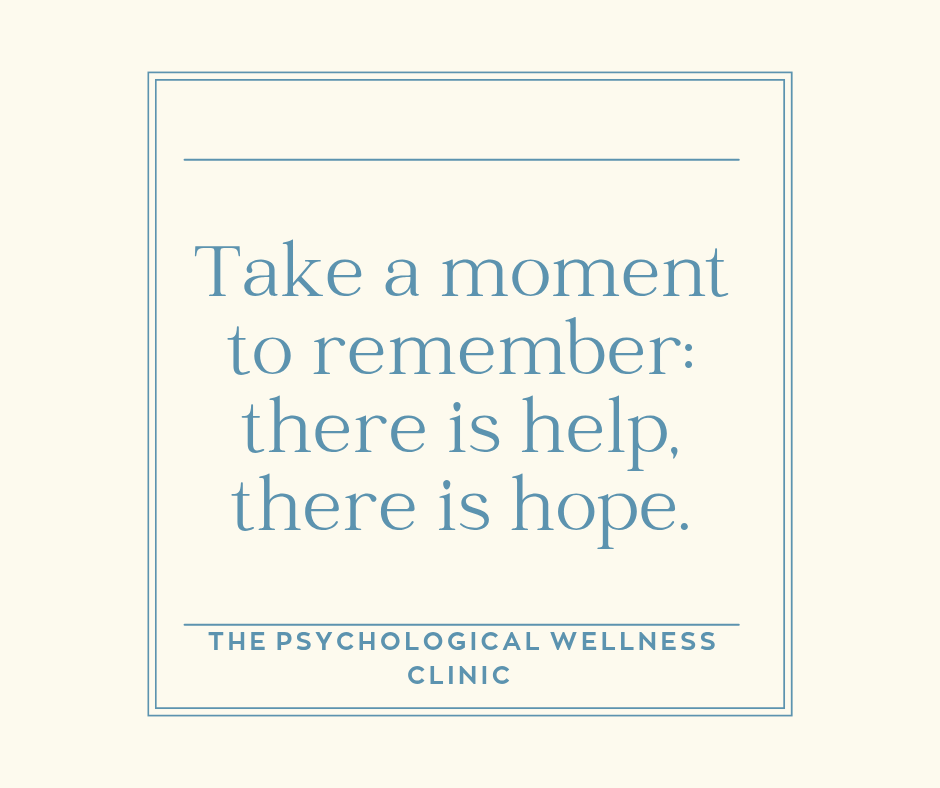Is Happiness a Choice
Have you ever been told that happiness is a choice?
This statement, while seemingly straightforward, carries with it a significant implication that anyone who does not experience happiness is simply not wanting to be happy or, perhaps, is not putting in enough effort to cultivate that sense of joy in their lives. This perspective can often lead to frustration and hurt, particularly for those who grapple with mental health challenges, as it overlooks the complex array of factors influencing our emotional well-being. Mental health is multifaceted, influenced by a combination of genetics, personal circumstances, and environmental factors, among other things. Thus, reducing the concept of happiness to a mere choice can strip away the validity of those experiences, making it sound as though individuals are simply being lazy or stubborn. That said, this idea provokes an intriguing question: can someone truly achieve happiness by just trying to be happy? Is there a process or mindset that can foster a greater sense of well-being, even if external circumstances remain unchanged?
Many studies have been conducted over the years to explore whether the act of trying to be happy can genuinely lead to improvements in one's overall happiness, but these investigations have yielded mixed and somewhat limited results. On one hand, some of these studies indicate that actively pursuing happiness can indeed be effective in increasing individuals' levels of joy and satisfaction with life. These studies suggest that engaging in positive thinking, practicing gratitude, or deliberately seeking out joyful experiences might foster an improved emotional state. On the other hand, there are also studies that reveal a contrasting view, showing that putting excessive effort into trying to achieve happiness can backfire. This phenomenon can leave individuals feeling disappointed, disheartened, or even frustrated when they find that their attempts do not lead to the desired levels of happiness they were striving to attain.
For example, consider a person who decides to embark on a journey of self-improvement with the sole aim of becoming happier. They might invest in a series of expensive workshops, adopt a relentless schedule of social activities, and rigidly commit to daily practices of affirmation and positivity. Initially, this approach could be stimulating and may even generate small bursts of happiness. However, if this individual finds themselves too exhausted to keep up with their ambitious commitments, or if they feel pressure to maintain a facade of constant happiness, they might begin to experience burnout and dissatisfaction. Ultimately, the very efforts made to promote happiness could lead to feelings of inadequacy and disappointment when they recognize that they cannot sustain such a high level of positivity consistently.
A significant reason for the differing outcomes observed across these studies likely lies in the methodologies employed. Many of the studies conducted had very small sample sizes, which can lead to results that may not be generalizable to a broader population. Furthermore, some studies relied on limited testing measures, such as one-time surveys or questionnaires that capture only a snapshot of a participant's feelings. These methods are often not effective in accurately measuring long-term happiness or capturing the nuances of emotional experience over time.
Because of the previous mixed results stemming from the limitations previously mentioned, researcher and PhD candidate at Kyoto University, Kuan-Ju Huang, sought to delve deeper into this complex issue by utilizing a significantly larger dataset collected over several years. Huang aimed to investigate how the valuation of happiness impacts overall well-being over time. To achieve this goal, Huang meticulously analyzed data from the Longitudinal Internet Studies for the Social Sciences (LISS) panel, which is a comprehensive longitudinal survey featuring an extensive sample of 8,331 adults residing in the Netherlands.
The LISS panel ran from 2019 to 2023, providing a significant amount of data.
In this study participants rated the importance of happiness “as a guiding principle” in their lives. They also completed standardized assessments of their life satisfaction and emotional experiences. Life satisfaction was measured using questions such as “I am satisfied with my life,” while positive and negative emotions were assessed using scales that asked participants to rate how often they felt emotions like pride, excitement, distress, or nervousness.
The results of the study revealed intriguing patterns, showing that individuals who valued happiness more highly tended to enjoy better overall well-being. Specifically, participants who placed a greater emphasis on happiness consistently reported higher levels of life satisfaction, experienced positive emotions more frequently, and reported fewer instances of negative emotions. This finding aligns with the widely held belief in psychological research that setting happiness as a primary life goal can facilitate a greater sense of contentment and enable individuals to experience more joy in their daily lives. In many ways, this reinforces the idea that encouraging a positive outlook and prioritizing happiness can serve as essential steps towards achieving a more fulfilling existence.However, the study also uncovered that, despite the positive correlation between valuing happiness and well-being, simply increasing one’s focus on happiness over time did not lead to corresponding increases in life satisfaction. In other words, while individuals who inherently valued happiness were generally more satisfied with their lives, a growing preoccupation with the concept of happiness throughout the duration of the study did not translate into a significant boost in life satisfaction one year later.
This observation opens the door to important questions regarding the mechanisms of happiness and well-being, suggesting that the mere act of striving for happiness may not be sufficient in itself to enhance overall satisfaction with life.So what can we do to be happier and more satisfied with our lives? “My takeaway is that constantly thinking about happiness may not be beneficial. Happiness should be the end goal, not the means. If you want to live a happier life, focus on positive activities that have been proven to be beneficial, such as spending time with loved ones or friends, exercising, or engaging with nature.” Said Haung when discussing the results of his study. By immersing yourself in fulfilling activities that enrich your life and the lives of others, you can cultivate a more profound and lasting sense of happiness and satisfaction, rather than trying to force yourself to feel these things.
How would you define happiness in your own words? How much value do you place on happiness in your own life? Do you believe it is primarily a choice, or do you think other factors play a significant role?
What are some ways that mental health can affect an individual's ability to experience happiness? How do you think societal attitudes towards mental health influence perceptions of happiness?
Was there a time when you or someone you know tried to actively pursue happiness. What strategies were employed, and what was the result? Did it lead to more happiness or frustration?







